
Recommendation
To combat international censorship, in 2020 Reporters without Borders released The Uncensored Library created by BlockWorks, DDB Berlin and the MediaMonks production company, which won a Webby Award for its work. The library republishes censored content within the computer game Minecraft and thus reaches millions of gamers – many in nations with little or no freedom of the press. In this interview, DDB senior copywriter Tobias Natterer discusses an unexpected use of blockchain technology, which ensures that Minecraft cannot be shut down.
Summary
About the Author
For this report, the Webby Awards interviewed Tobias Natterer, senior copywriter at the advertising agency DDB Berlin and a lead creative on The Uncensored Library project. MediaMonks B.V. won the 2021 Webby Award for The Uncensored Library for Public Service, Activism and Social Impact in Games. For more information, see uncensoredlibrary.com.


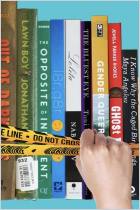
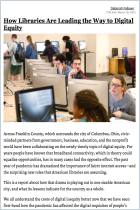
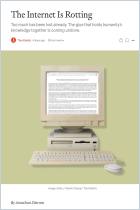
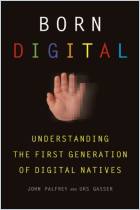
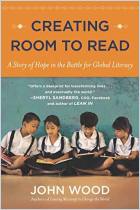
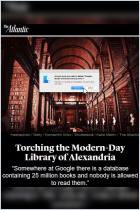







Comment on this summary